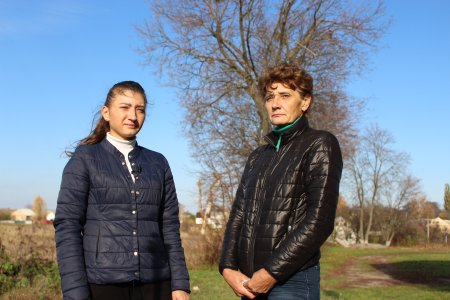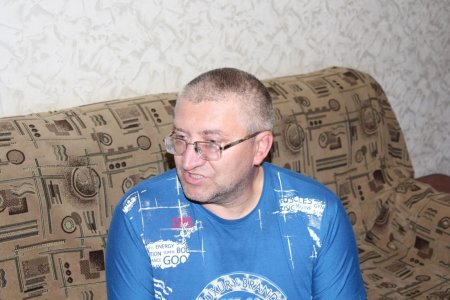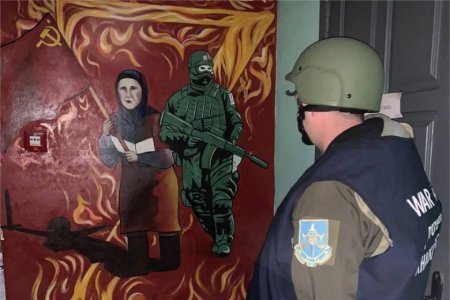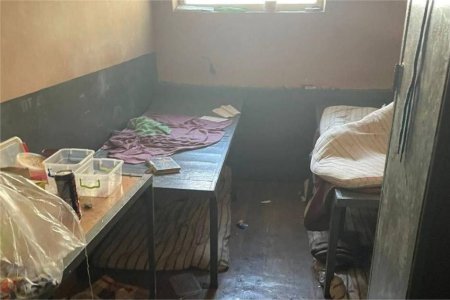The European Network for the Protection of the Rights of Convicts includes 25 organizations from 19 countries of the Council of Europe. It’s a fairly horizontal organization. The idea is straightforward, so those human rights defenders who work on prisoners’ rights can communicate, work together, and help each other.
For us, the most important topic is torture. Because without an effective fight against torture, there are no prisoners’ rights. It’s just a myth. We are working in this direction in several countries. It’s about litigation and advocacy. We are raising awareness in the Council of Europe, the UN, etc.
The second topic, which is very important for all prisoners, is the quality of care and independent medicine in prison. Several issues are significant. Hanna Ovdiienko from KHPG and Oleh Tsvilyi from Defense of Prisoners of Ukraine are on our board of directors.
At the beginning of the war, on 24 February, we immediately realized that our first task was to find funds to provide assistance. Considering donors’ demands, it was difficult for our partners and members in Ukraine to continue their work. Funds had to be found quickly to keep going and pay wages. On the morning of the 24th, we began conversing with the European Union. We explained everything, and a few days later, they agreed to support our projects.
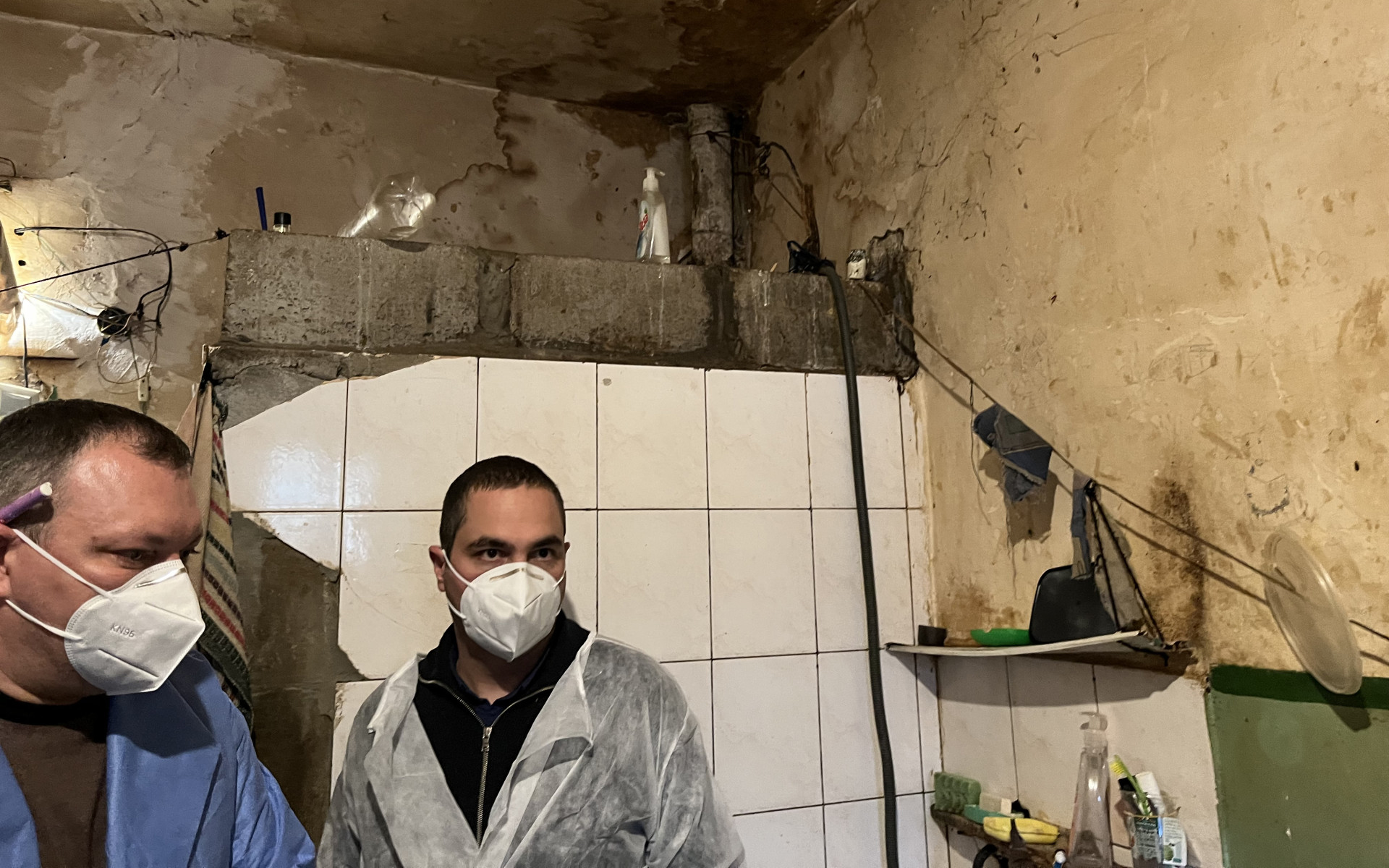
Our project includes several components. The monitoring component includes collecting interviews with prisoners who, among other things, served their sentences under the occupation. It helps explain how everything happened there and how the system works under the occupation. In March, we began to work on the prison system during the war. It was essential to explain the situation in the penitentiary system. Firstly, in institutions that were under occupation. Secondly, understand where the greatest danger was on the front lines, where the most intense military operations occurred, and demand that the government take evacuation measures there as soon as possible.
Now, the project involves monitoring the prison system through visits. During these visits, we and our partners meet prisoners who were under occupation. Some were under occupation in the Kherson Region and were released after their term and returned to Ukraine.
We are collecting information and have an accurate picture of the situation in the prison system under the occupation. Our goal is, firstly, to provide international bodies with exact information: what violations and crimes are occurring there. Secondly, to be able to initiate proceedings and protect the interests of prisoners. We quickly documented the process of recruiting convicts in the Russian Federation, including Private Military Company (PMC) Wagner.
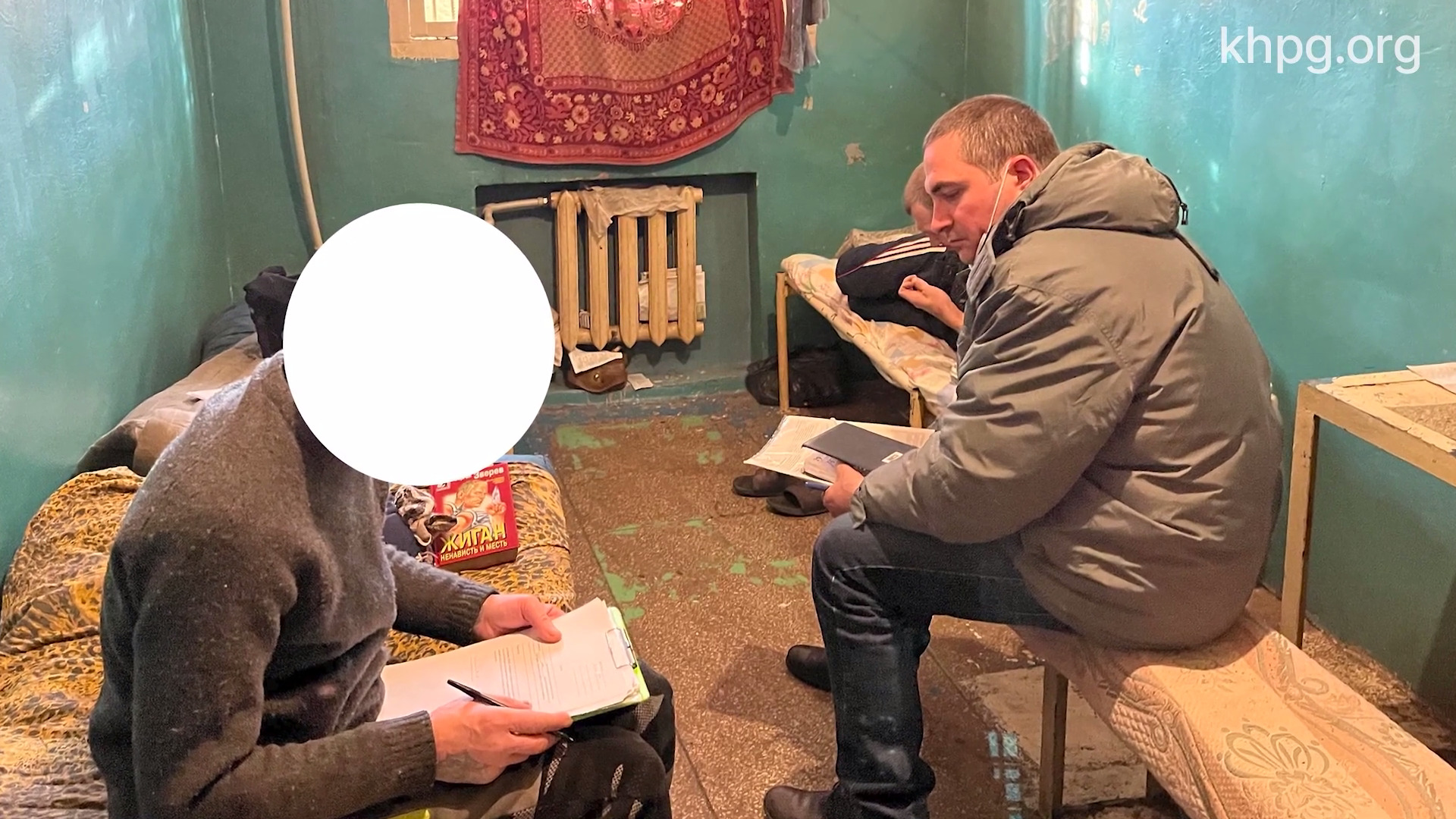
The first step is to provide information to UN bodies so they can begin to work in this direction. We also submitted applications to several UN bodies. One responded. They started the process and organized several gatherings. The focus now for us, our partners, and those working in the field is to publish a report and present it to the UN General Assembly at the end of the year.
We are looking for prisoners who were recruited into the war under duress and prove the law’s violation. This will be a case for both the UN Human Rights Committee and possibly for the International Criminal Court (ICC) if all the evidence in the case is reliable. Suppose the ICC prosecutor can prove that some individuals, for example, the chairman of the Russian Federal Penitentiary Service, were the organizers. In that case, this, of course, can give a start to the process. This person receives an indictment, and there will be a trial.
We also filed complaints with the Prosecutor General’s Office so that they register them and initiate criminal cases. There were several cases involving deportations, tortures, and murders, as it was in the Kherson Region, for example.
We are also currently working towards the return of prisoners deported to Russia who have no passport to cross the border. Such a case is in the European Court of Human Rights (ECHR) concerning convicts trapped on the Georgia border. It is essential for us that these victims are classified as war victims and that the state responds appropriately.
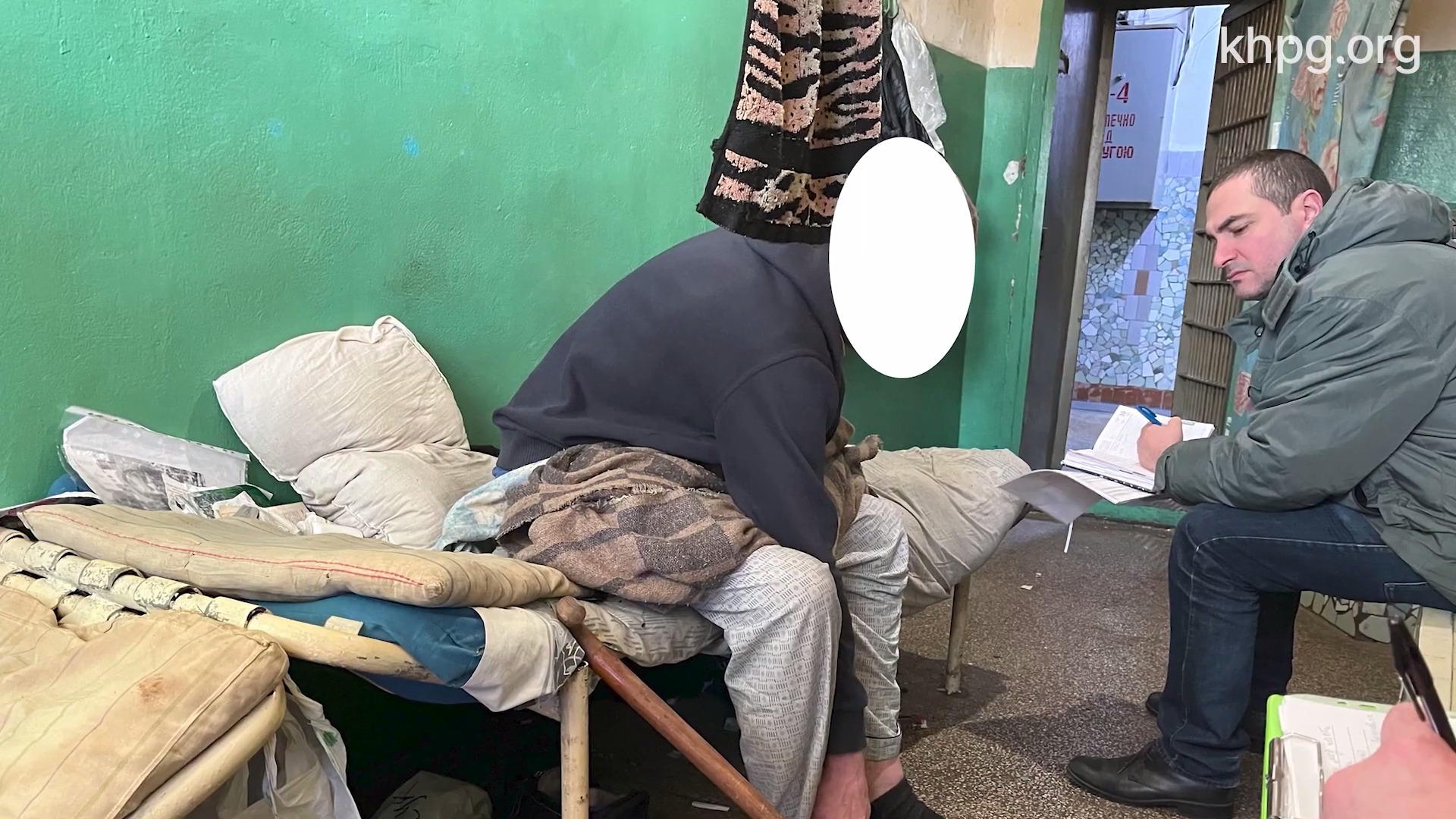
With PMC Wagner, everything is very clear in Russia. All information is almost open. Firstly, the fact is that Putin said he gave money to Wagner. Secondly, he admitted that he grants pardon to those recruited. Examples of PMC prove how much this system is part of the state. Only the state can provide such features.
— Hugo, we have known each other for many years, but I don’t know what the organization you represent does.
— We’ve been working together for five years, and you don’t know? Excuse me... Wait... Are you crazy?
— I am a master at asking questions.
— Yes, wait. Excuse me, please.
 The article was prepared by the Kharkiv Human Rights Protection Group with the support of the "
The article was prepared by the Kharkiv Human Rights Protection Group with the support of the "